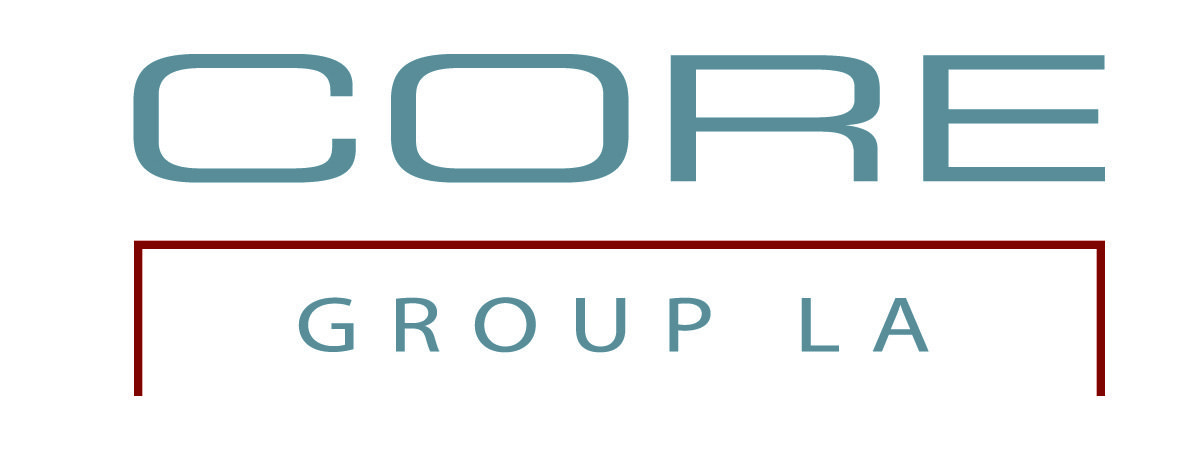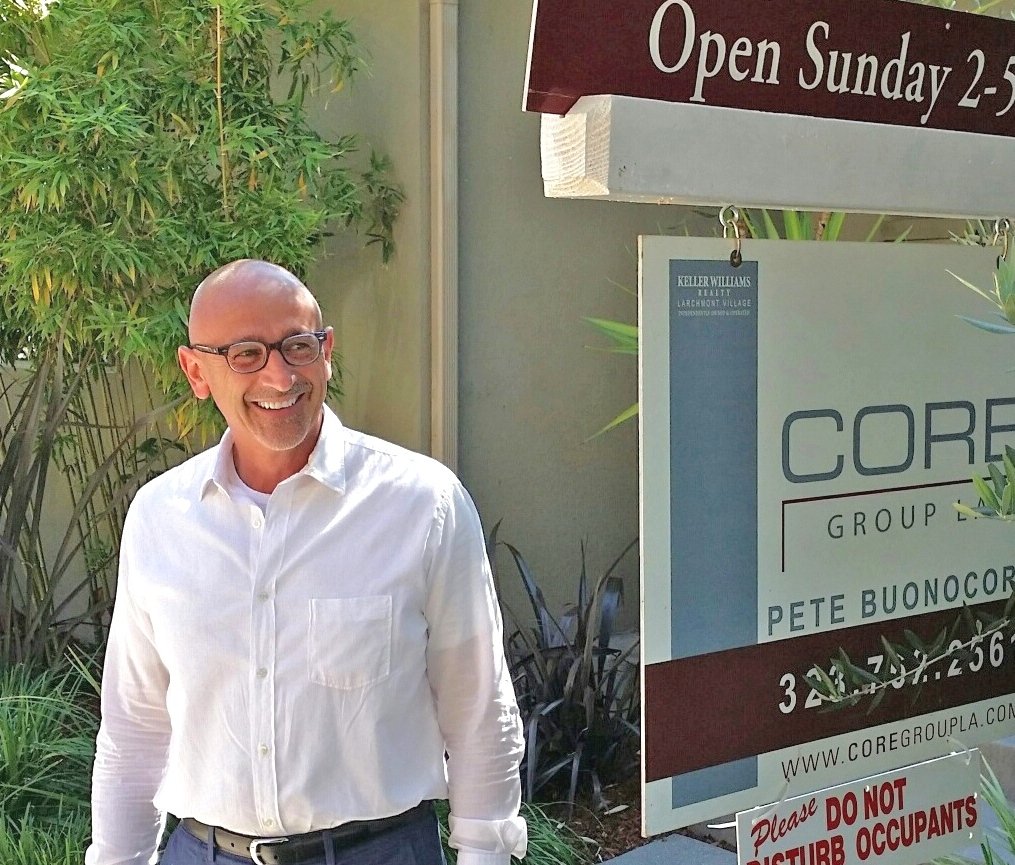FROM FORTUNE:
You’d be hard-pressed to find housing economists proclaiming that the ongoing housing boom is nearing a 2008-type bust. In fact, many say the opposite, based on the belief that the demographic wave of millennial first-time homebuyers, elevated wage growth, and limited supply will all continue pushing the market upwards. Every major real estate firm with a publicly available forecast, including CoreLogic and Fannie Mae, predicts that home prices will go even higher over the coming year.
That said, the red-hot U.S. housing market is beginning to hit levels not seen since our last housing bubble.
Black Knight, a mortgage technology and data provider, showed Fortune an analysis on Friday that finds the typical American household would now have to spend 31% of their monthly income to make a mortgage payment on the average-priced U.S. home. That’s up from 29% just one week earlier, and up from 24% in December. Black Knight’s mortgage-payment-to-income ratio—which averaged 19.9% during the 2010s decade—hasn’t topped 31% since September 2007.
What’s going on? The economic shock caused by soaring mortgage rates over the past few weeks has dramatically increased mortgage payments for new homebuyers.
Back in December, the average 30-year fixed mortgage rate stood at 3.11%. A borrower taking on a $500,000 mortgage at that rate would owe $2,138 per month. Now that the average rate is at 5%, that loan if issued today would cost $2,684 per month. Over the course of the 30-year loan, that’s an additional $196,700.
In March, a team of researchers at the Federal Reserve Bank of Dallas got the attention of the real estate industry after publishing a paper titled Real-time market monitoring finds signs of brewing U.S. housing bubble. They found that recent U.S. home-price growth—which is up 19.2% over the past 12 months—is once again becoming “unhinged” from economic fundamentals.
However, the Dallas Fed researchers don’t see this as a 2008 repeat. Sure, many new homebuyers are getting stretched financially in a way that resembles buyers during the last bubble. But that’s just new homebuyers. If you look broadly at homeowners, they’re doing quite well.
As of the fourth quarter of 2021, only 3.8% of U.S. disposable personal income was going toward mortgage debt payments. At the height of the 2000s housing bubble, that figure was nearly double at 7.2%. This time around, households’ balance sheets look healthier, and more homeowners have paid off their mortgage altogether. In addition, the shady lending practices of the aughts were regulated out of the market by the 2010 Dodd-Frank Act. Simply put: If a storm does come, homeowners, in theory, should be better positioned to ride it out.
“Based on present evidence, there is no expectation that fallout from a housing correction would be comparable to the 2007–09 global financial crisis in terms of magnitude or macroeconomic gravity. Among other things, household balance sheets appear in better shape, and excessive borrowing doesn’t appear to be fueling the housing market boom,” write the Dallas Fed researchers.
It’s possible the affordability crunch created by soaring mortgage rates could be a good thing. That’s according to Logan Mohtashami, lead analyst at HousingWire. Spiking mortgage rates, he says, could take some steam out of the market and give inventory a chance to rise a bit. If that happens, it could slow down the rate of home price appreciation and reduce the likelihood of the red-hot housing market culminating in an overheated market—or even worse, a housing bust.
“Higher mortgage rates are the best thing for housing because we are in a savagely unhealthy housing market, and we need to get off these extreme low levels of inventory,” Mohtashami told Fortune. “It isn’t too much or bad credit chasing homes this time around. It’s too many people chasing too few homes. We desperately need a breather.”
According to Redfin, spiking mortgage rates are already softening the housing market a bit. The brokerage platform is seeing slightly more home listings with price cuts and fewer bookings for home showings. However, we’ll need to wait a few weeks—or months—before we can be sure that the housing market is actually softening.
WRITTEN BY LANCE LAMBERT FOR FORTUNE.COM
Link to article here: https://fortune.com/2022/04/18/mortgage-payment-income-2022-housing-market-2008-bubble/




